Ever turned on the shower and got a blast of cold water? Or heard that odd humming from your boiler and wondered if it’s about to quit? You’re not alone. Homeowners face these plumbing hiccups all the time, and most of them can be sorted without a costly callout. Below we break down the top problems you’ll meet, why they happen, and what you can do right now.
Cold water when you expect heat is usually a water‑heater issue. The most common culprits are:
Fixes you can try:
When the heater is over 10‑15 years old, keep an eye on the age. A tired unit may need replacement rather than endless repairs.
Boilers are the heart of your heating system, and a few warning signs can save you from a full‑blown breakdown:
You can tackle the easy stuff yourself:
If the boiler still won’t fire or the pressure drops again, it’s time to call a Gas Safe engineer. Trying to fix gas components without proper certification is unsafe.
Kitchen or bathroom extractor fans that run slowly, buzz, or stop altogether can cause damp and smells. Most fan issues are due to a bad motor or a clogged filter.
Quick steps:
Remember, fans over 5‑7 years old often lose efficiency, so consider a fresh model to keep ventilation strong.
Plumbing issues don’t have to ruin your day. By spotting the warning signs early and doing a few simple checks, you can keep hot water flowing, boilers humming, and fans whirring. When in doubt, especially with gas or electrical components, trust a qualified professional to stay safe and avoid costly damage.
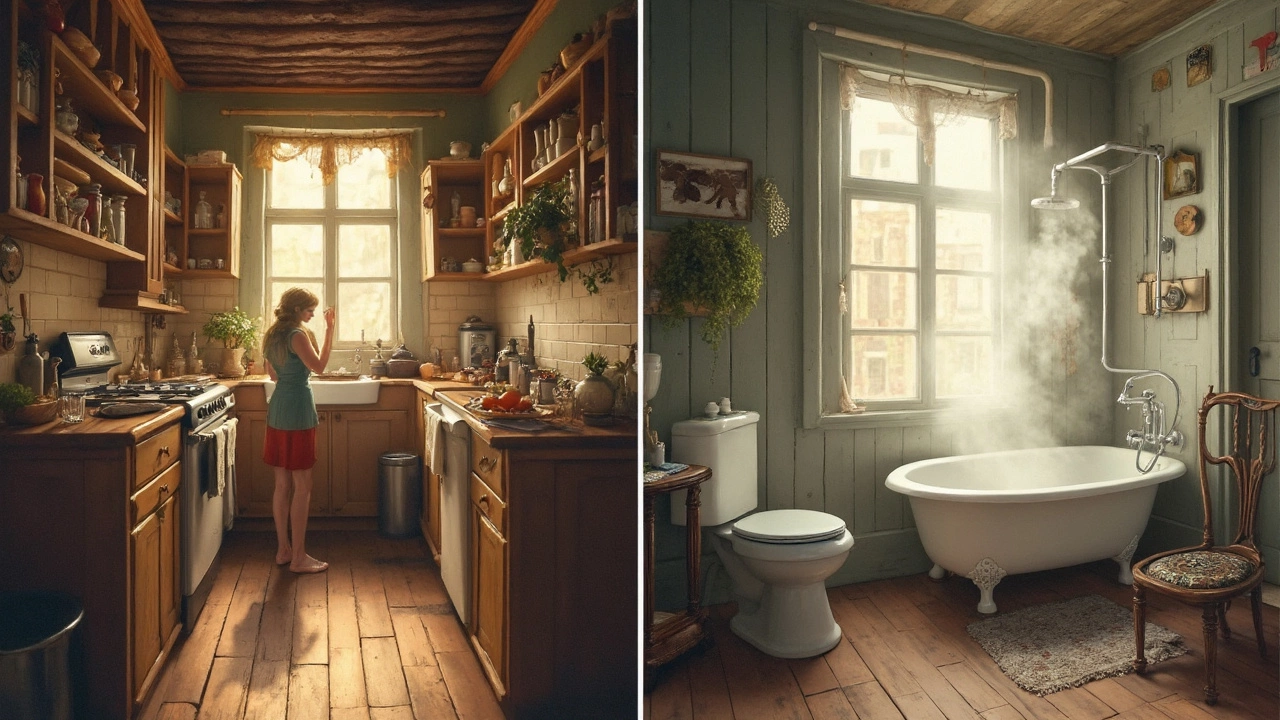
Struggling with hot water inconsistencies between your kitchen and bathroom? This article explores the causes behind such issues, including plumbing layout and water heater problems. Learn valuable tips for diagnosing and fixing these common household headaches. Discover practical solutions that can save you from cold showers and confusing hot water scenarios. Understand how simple tweaks or professional guidance can restore your home's balanced hot water supply.
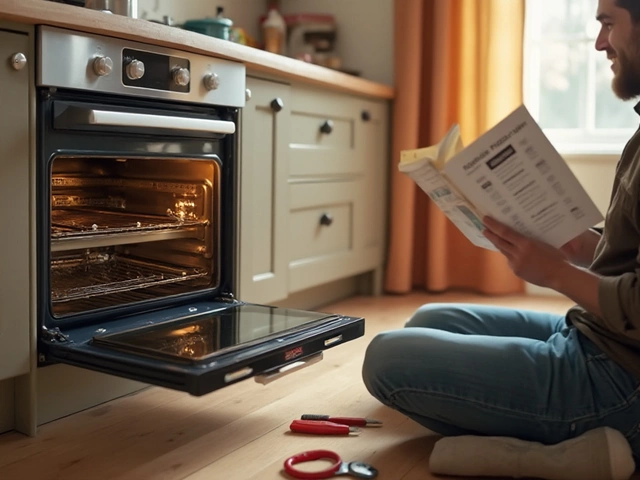
If your electric oven isn't heating properly, it might be time to replace the heating element. Understanding the costs and what's involved in the repair process can help you make informed decisions. This article dives into the factors affecting replacement costs, step-by-step guidance on how to change the element, and practical tips to ensure your oven runs smoothly. With these insights, you can tackle the repair yourself or hire the right professional for the job.
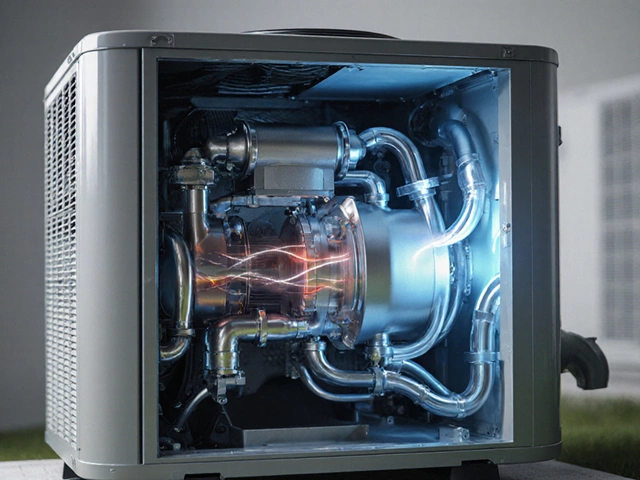
Find out the 2025 price range for heat pump compressors, what factors affect cost, how to get accurate quotes, and whether DIY or professional installation is best.

Discover the essential roles appliances play in our daily lives and learn effective tips for maintaining their efficiency. From refrigerators to washing machines, each appliance features unique mechanics tailored for specific tasks. Grasping these functions is crucial for efficient servicing and longevity. Uncover surprising facts about how appliances work and ground yourself in practical maintenance advice to keep them running smoothly.
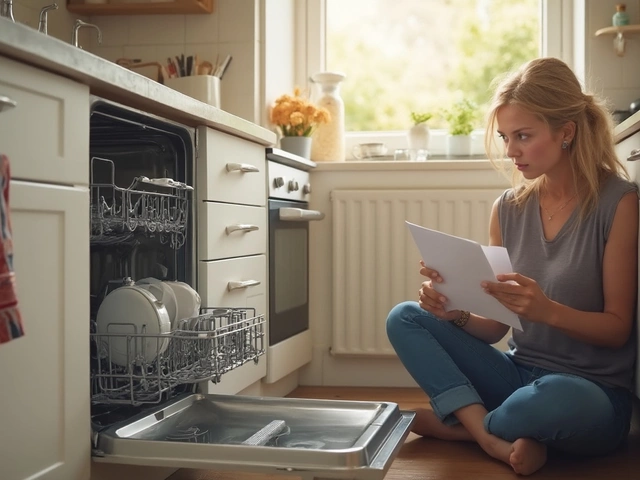
Annoyed by standing water at the bottom of your dishwasher? This article breaks down why your dishwasher isn't draining, what can cause it, and how to troubleshoot the most common issues. Learn about clogged filters, garbage disposal connections, and more. I'll also share some handy tips to help you prevent problems in the future. Whether you're a first-timer or have dealt with dishwasher headaches before, you’ll find practical advice here.
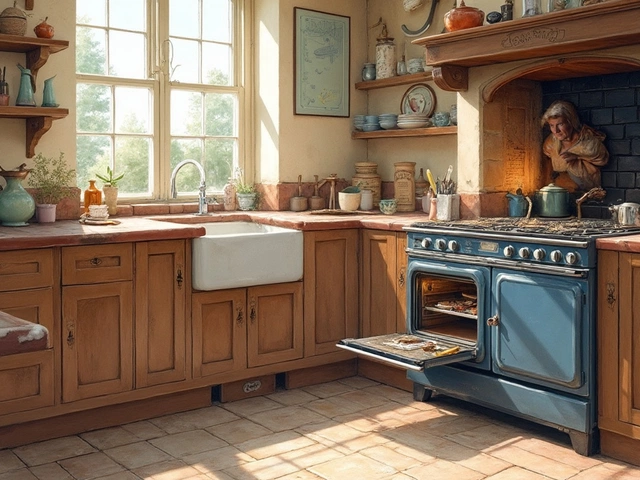
If your electric oven suddenly stops working, don't panic. This article explores common issues with electric ovens and provides practical tips for troubleshooting and repair. From understanding how different components work to knowing when it's time to call a professional, you'll find the go-to advice you need to get your oven back in working order. Avoid the hassle of guesswork and get straightforward guidance on keeping your kitchen running smoothly. Practical insights on oven maintenance await you.